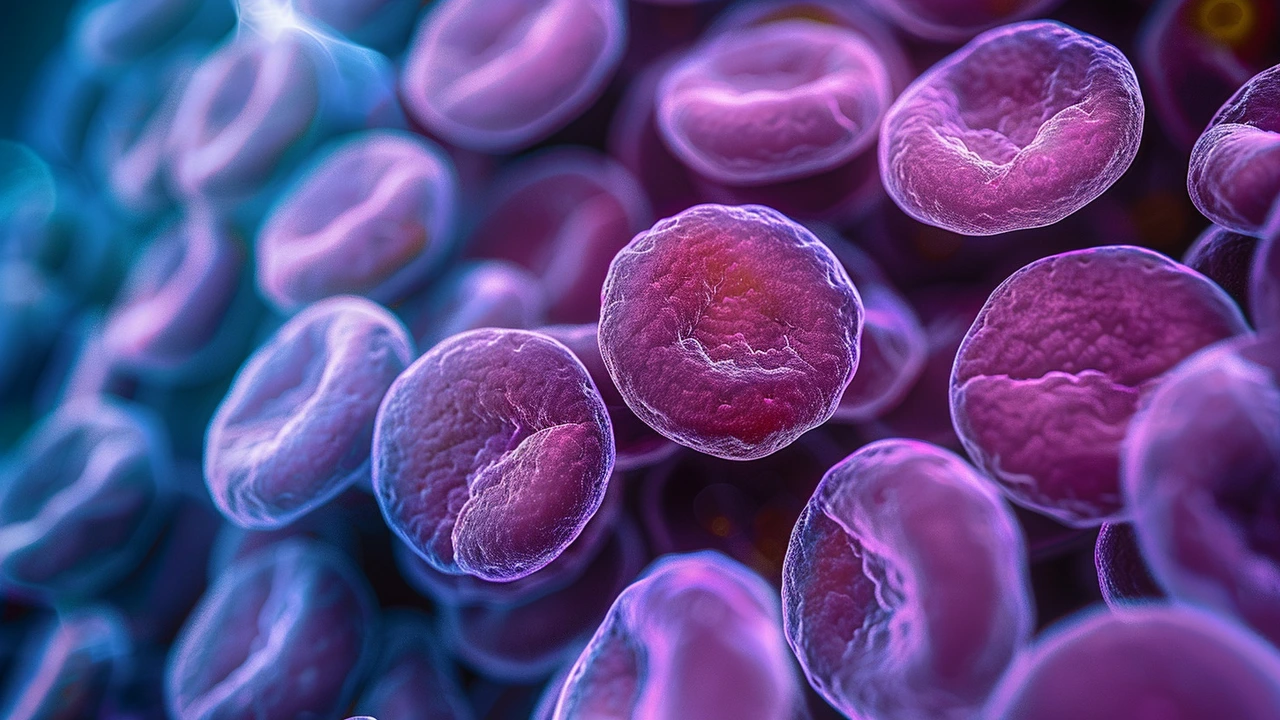
23 Mar 2024
In landmark research conducted by UC San Francisco, a significant breakthrough has been achieved in the prevention of sexually transmitted infections (STIs). The study found that the antibiotic doxycycline, when taken after unprotected sexual intercourse, acts as a potent post-exposure prophylaxis (DoxyPEP) that drastically lowers the incidence of STIs among individuals at heightened risk. This group notably includes men who have sex with men and transgender women, who are either living with HIV or are on HIV pre-exposure prophylaxis (PrEP).
The discovery comes as an urgently needed solution in the battle against STIs, which have been on a worrisome rise globally. The utilization of doxycycline in this prophylactic capacity offers a promising avenue for prevention, especially among those most vulnerable. This strategic intervention is poised to play a vital role in the overarching goal of reducing the spread of these infections, aligning with broader public health efforts to curb not just the incidence of STIs but also their corresponding health ramifications.
However, as with any medical advancement, this breakthrough is not without its reservations. Foremost among them is the concern regarding the potential for increased antibiotic resistance. This is a critical point of consideration, given the ongoing global challenge of managing antibiotic resistance, which complicates treatment strategies for a myriad of bacterial infections. It underscores the necessity of further research to comprehensively understand the implications of widespread DoxyPEP use, to ensure that the benefits markedly outweigh the risks.
Moreover, the findings underscore the importance of individual responsibility alongside medical intervention. While DoxyPEP presents a viable preventative measure, it is imperative that it be integrated into a holistic approach to sexual health. This includes consistent use of protection, regular sexual health screenings, and informed consent. The holistic approach emphasizes that while pharmacological interventions are invaluable, they are most effective when part of a broader, multifaceted strategy towards sexual health and education.
In rounding up the conversation on doxycycline as a post-exposure prophylactic measure against STIs, it's crucial to pave the way for further discourse and investigation. This research illuminates a significant path forward in STI prevention, particularly among groups historically at higher risk. Yet, it also sets the stage for a broader examination of how we approach sexual health prevention, the role of antibiotics, and the critical need to balance innovation with caution.
In conclusion, the use of doxycycline post-unprotected sex represents a noteworthy advancement in the field of sexual health, offering a beacon of hope for those at elevated risk of STIs. However, it also serves as a reminder of the complexities inherent in medical progress, particularly the need to tread carefully in the face of potential antibiotic resistance. As we move forward, it will be essential to keep this dialogue open, ensuring that our strategies against STIs are as effective and sustainable as they are pioneering.
Write a comment